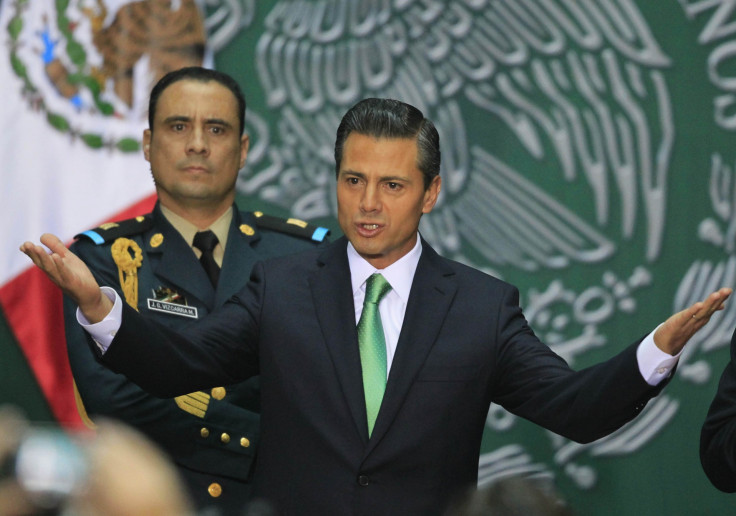
This June, Mexicans will have a choice: watch their national team play in the World Cup or watch seven sessions of their senators debating the secondary laws of an already-passed historic energy reform. Seems like a no-brainer. But the decision to schedule debate over the details of an unpopular and hugely important reform -- over a third of the government’s budget comes from revenues generated by state oil company Pemex -- has provoked questions over how committed the government of president Enrique Peña Nieto is to ensuring transparency when it comes to contracting out the exploitation of Mexican energy resources to foreign firms.
The decision to hold debates on June 6-17 came in a tentative agreement which included the assent of the Revolutionary Democratic Party (PRD), a leftist opposition party which opposed the reform, along with Peña Nieto’s Institutional Revolutionary Party (PRI) and the conservative National Action Party (PAN). The PRD has since backed out of that initial deal, saying they believe it should be postponed. But as the PAN and PRI hold a wide majority of seats in the Senate, that agreement is likely to be approved when the chamber votes on it on May 28.
In an interview with journalist Carmen Aristegui, finance minister Luis Videgaray dismissed the idea. “To say we’re going to hold up important decisions for the country, something with the gravity of a reform of this nature, because there’s the World Cup -- that would be a scenario highly worthy of criticism,” he said. “We will be paying full attention to the Congress [during the Cup] out of conviction and obligation.”
© 2025 Latin Times. All rights reserved. Do not reproduce without permission.





